12 November 2025
As we mark a milestone with the delivery of our 50th CAR T-cell dose this month, we celebrate a significant anniversary that helped set it all in motion – enabling the manufacturing of cutting-edge cell therapies and laying the groundwork for pioneering clinical trials.

The GMP lab during set-up for the phase I ENABLE trial, 2019.
Twenty years ago, in 2005, the Malaghan Institute achieved its first GMP – Good Manufacturing Practice – licence, the green light from Medsafe that our laboratories had met the exacting standards required to prepare, process and culture human tissues for advanced cell therapies.
Professor Ian Hermans, whose research has been closely intertwined with the GMP facility, says attempting to incorporate a licenced manufacturing facility was, and still is, rare outside of commercial pharmaceutical companies.
“We made the decision to set one up because we were committed to running investigator-led studies of cellular immune therapies, something Professor Franca Ronchese initiated in the 1990s,” he says.
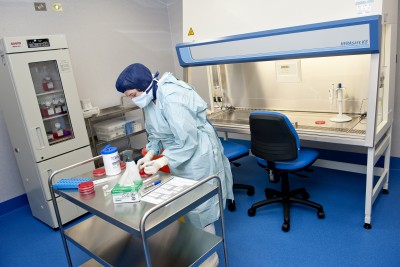
The GMP lab, circa 2011.
“We started with a small clean room. Most of GMP is in the small finicky details – making sure everyone is fully trained to documented standards, and every piece of equipment is functioning within pre-specified ranges with documented evidence that this is consistently observed.”
In fact, it’s this mountain of documentation that is key to GMP. Every activity, from purchase of goods, to cleaning the floor and filtering the air, has to be considered, implemented and used to a pre-specified plan – all closely overseen and audited by Medsafe.
“Our first approval in 2005 was a licence to make dendritic cell-based vaccines, part of a trans-Tasman clinical trial in melanoma patients. While this phase 3 trial was unsuccessful in reaching its endpoint, it opened the door for other licences and further clinical work,” says Prof Hermans.
“We then instigated two further trials on our own (glioma and melanoma) that showed evidence of immune activation in patients, but not enough to justify further development. In that time we moved to the new cleanroom suites, funded through philanthropy – primarily from Keith and Faith Taylor who the labs are named after.”
From left: Health Minister Hon Tony Ryall, Faith Taylor, Kathryn Williams (participant in a melanoma clinical trial) and Professor Graham Le Gros.
Indeed in 2010, Health Minister Hon Tony Ryall opened the state-of-the-art Keith and Faith Taylor Cancer Research Laboratories at the Malaghan Institute. At the time, director Professor Graham Le Gros spoke to the shared vision for the labs and the years invested in developing the necessary knowledge, techniques and protocols to translate cancer immunotherapies into a clinical setting.
He also highlighted the critical role of philanthropy in ensuring ground-breaking research translates into improved health outcomes for New Zealanders – something that has remained a constant.
From early days, when the GMP team consisted of just two or three people, today dozens of staff are associated with the running, manufacture and quality control of cell therapies made within the laboratories. This includes staff from BioOra, the Malaghan’s start-up that is manufacturing CAR T-cells for patients across the country for our phase 2 CAR T-cell trial.
“Having a GMP suite with a track record in delivering cell therapies is what started the ball rolling for New Zealand’s first CAR T-cell trial. Professor Rob Weinkove and the team took on the task, and the rest is history,” says Prof Hermans.
Related articles

A ground-breaking cancer treatment is within reach – but only if New Zealand acts now
12 February 2026
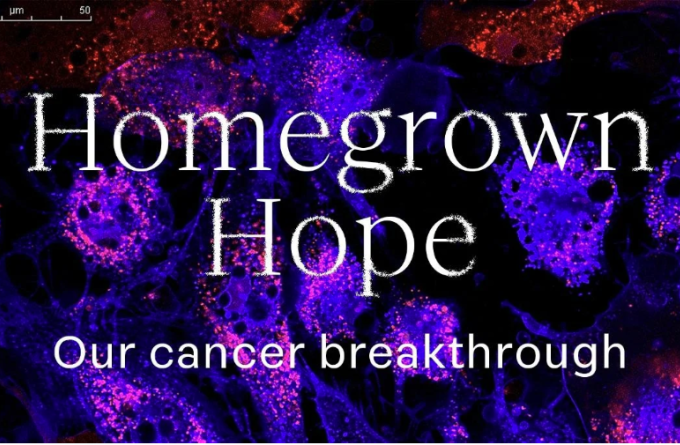
Homegrown Hope - Stuff's series on CAR T-cell therapy
11 February 2026
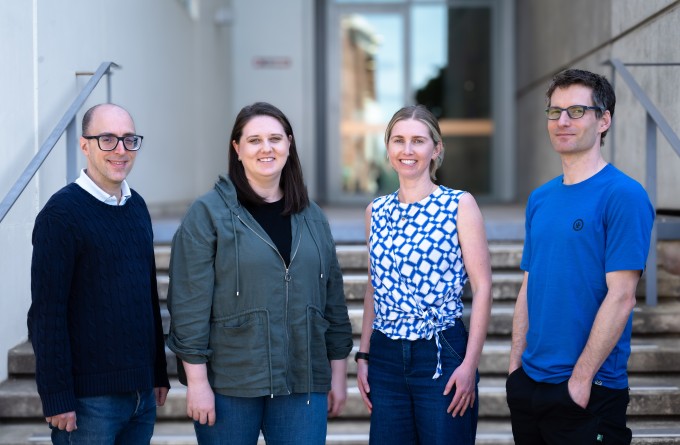
Marsden funding to drive discovery and innovation in cancer, allergy and infectious disease research
5 November 2025
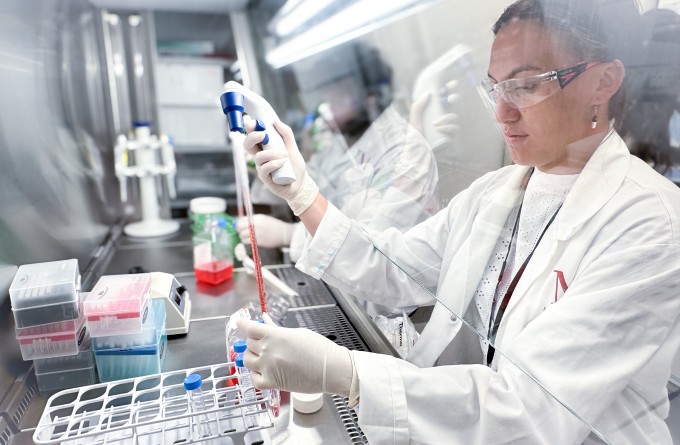
Developing next generation CAR T-cell therapies for more equitable cancer care
30 October 2025
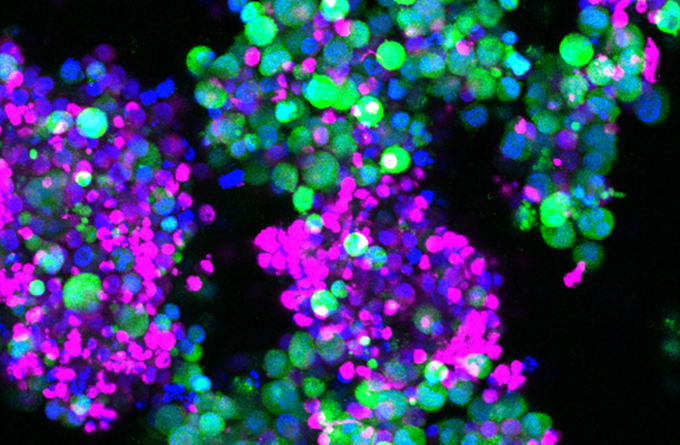
Faster CARs: overcoming cellular exhaustion to enhance cancer immunotherapies
29 October 2025
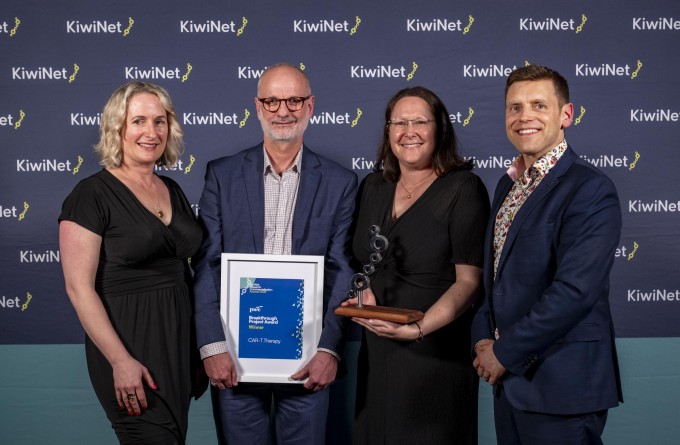
Malaghan CAR T programme wins KiwiNet Research Commercialisation Award
23 October 2025
